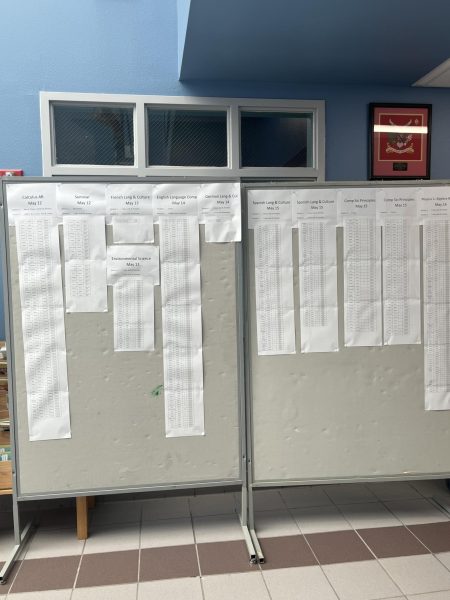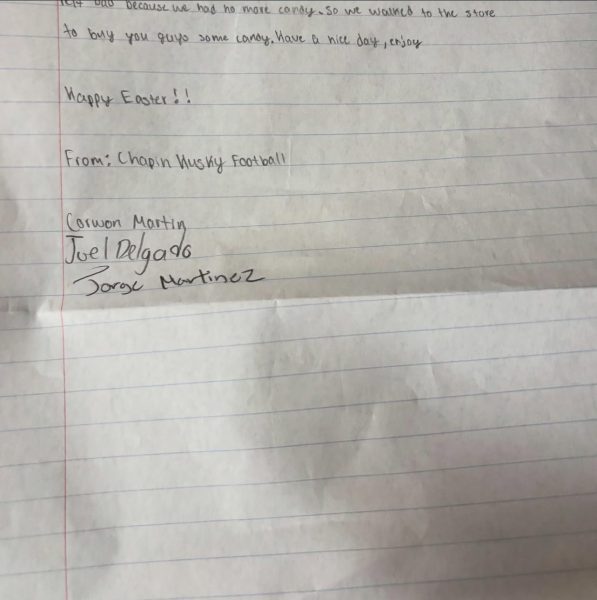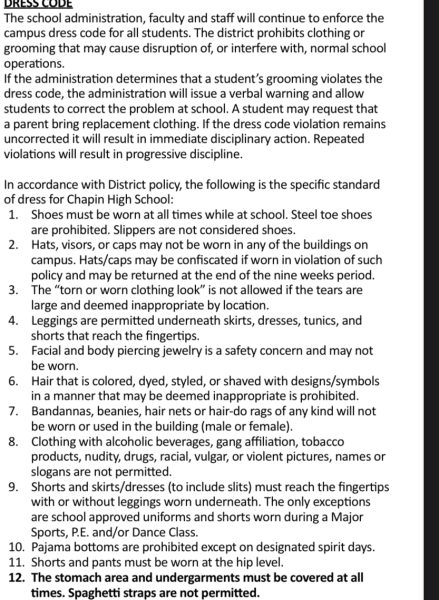“Playing Hooky” or Needing a Break? – An Examination of School Absence Policies and Mental Health Days, Part 2

Recently the story of Madalyn Parker and her company’s CEO, Ben Congleton, have sparked conversations around the world about workplace mental health. Parker emailed her coworkers saying that she’d be using two sick days to take some time to work with her mental health; Congleton surprised the nation by not only supporting her decision but thanking her for helping “cut through the stigma of mental health.” What Madalyn Parker did was request a ‘Mental Health Day’, an idea that has been discussed and argued over frequently in the business world for the past couple of years. Now, you don’t need to have a serious disorder or chronic mental disease to qualify for a mental health day; a mental health day is defined by Merriam Webster Dictionary as “a day that an employee takes off from work in order to relieve stress or renew vitality.”
Mental health, along with physical and social health, is part of the health triangle; yet despite the fact that they’re all equally important, mental health is rarely treated with its due respect. “If you had the flu, you’d likely need to stay home and rest — and no one would call you ‘weak’ for getting the flu. In fact, your co-workers would likely thank you for not coming into the office when you’re sick,” said psychiatrist and author Amy Morin in her 2017 Psychology Today article ‘How to Know When to Take a Mental Health Day’. “Mental health rarely gets the same respect. Instead, people are told to “get over it” when they’re struggling with anxiety, depression, or similar issues. But mental health is part of your overall health. If you don’t proactively address it, you won’t be able to perform at your best.”
Morin goes on to mention one of her patients, a bus driver struggling with depression, who started to have a hard time concentrating and she occasionally grow forgetful. “A clear safety hazard,” Morin stated. She ended up needing to take several days to work on herself. “Fortunately, most people in need of a mental health day aren’t in such a dire condition,” said Morin. “Instead, they’re struggling to handle stress, regulate their thoughts, or manage their emotions. And a day or two away from the office might give them an opportunity to practice the self-care they need to get back on track.” Which brings up the question, how does one know when they need a mental health day? “When you’re distracted by something you need to address,” lists Morin, “…When you’ve been neglecting yourself…When you need to attend appointments to care for your mental health.”
In the 2018 US News article ‘When Is a Mental Health Day Justified?’ psychologist Allison Ross defines self-care as “…taking a few moments on a regular basis to check in with oneself, to take stock of how they’re doing emotionally and physically. Are they exhausted? Overwhelmed? Burned-out? Stressed out? Completely depleted? Many people don’t do this in an ongoing way; they just go, go, go with regards to their work life and their home life, and this contributes to feelings of unhappiness, resentment and a sense of hopelessness about being on an endless treadmill they can’t get off of.” And she encourages people to find some “me time”, because working without a break over a long period of time can be “soul crushing.”
What about student souls on an “endless treadmill”? My parents are fond of telling me that school is my “full-time job.” It’s only recently that I realized how right they were. We spend over seven hours a day at school, almost the same as the average workday, which according to the Bureau of Labor Statistics is 8.8 hours a day. Not to mention time students spend on homework and extracurricular activities, which we often have over school holiday breaks as well. And with the alarmingly fast rise in the rate of teenage depression, it might be time for the public school system to see school as a full-time job as well. Perhaps the public school system should, like the business world, consider allowing students to take mental health days.









